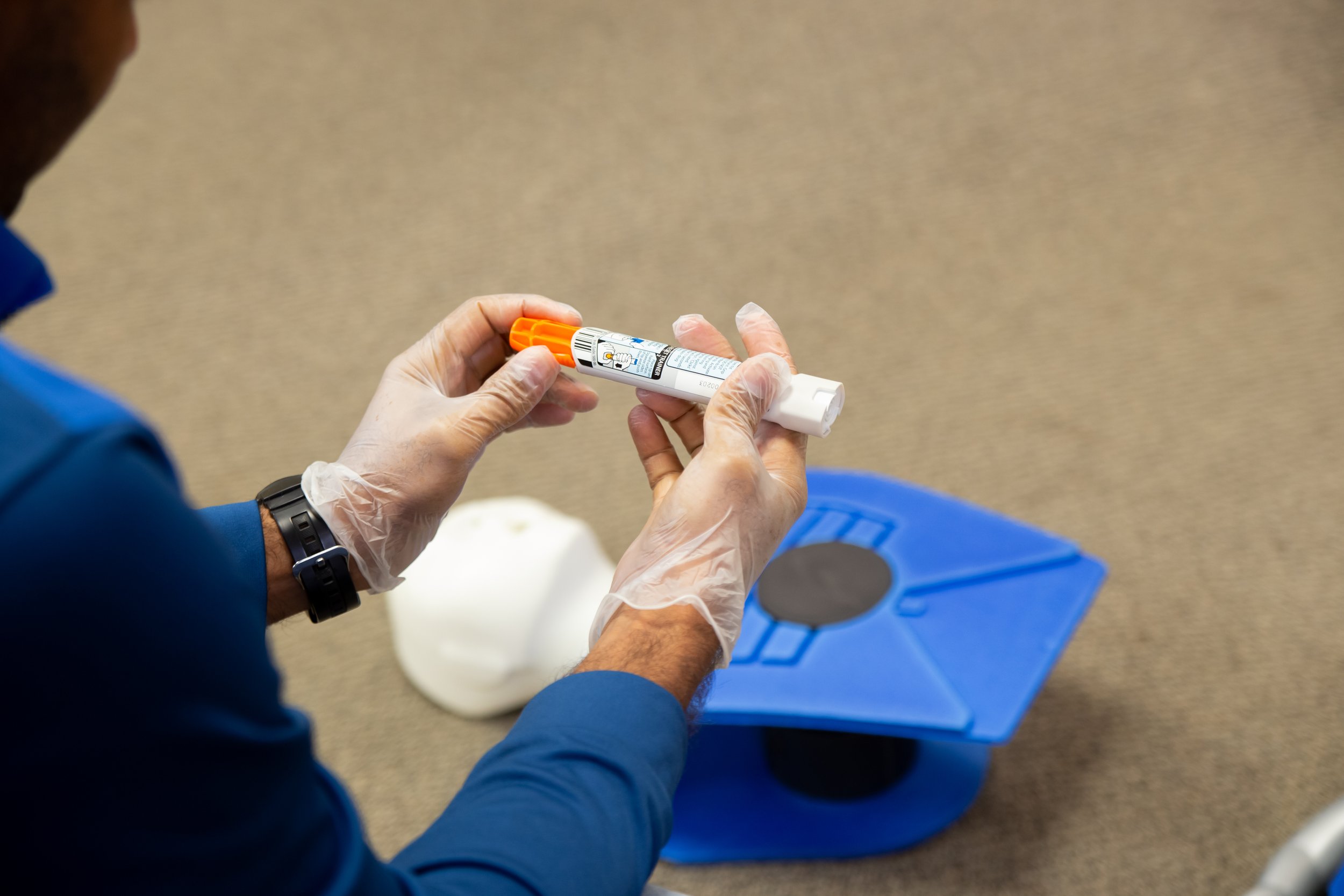Epinephrine: All You Need to Know
Epinephrine remains the primary and most effective treatment for anaphylaxis or severe immediate allergic reactions, such as those triggered by peanuts, medications, or insect stings. In these situations, epinephrine must be administered immediately to halt the progression of the life-threatening allergic response. Traditionally, the standard method of delivery is through an intramuscular (IM) injection, with a recommended dose ranging between 0.30cc and 0.50cc. If the patient does not respond adequately, a second dose can be given approximately 10 minutes later.
For individuals who are needle-phobic or hesitant to use injectable epinephrine, a new alternative has been approved by the U.S. Food and Drug Administration (FDA): intranasal epinephrine, marketed under the name Neffy. This novel treatment provides a promising option for patients who may avoid or delay treatment due to their fear of needles, which can be dangerous in cases of severe allergic reactions.
The intranasal epinephrine spray is designed to be user-friendly and is administered in a manner similar to over-the-counter steroid nasal sprays. The patient simply sprays the medication into the nasal passage, ensuring proper technique to maximize absorption and effectiveness. While Neffy delivers a lower overall dose of epinephrine compared to the injectable version, it provides a more sustained release of the medication. This extended delivery helps maintain therapeutic epinephrine levels over a longer period.
Clinical studies have shown that Neffy produces comparable results to injectable epinephrine in terms of heart rate response and overall clinical effectiveness. The spray effectively addresses the acute symptoms of anaphylaxis, such as airway swelling, low blood pressure, and respiratory distress, offering a viable alternative for needle-averse individuals while maintaining the critical outcomes expected from traditional epinephrine administration.
If you need to book an appointment for your allergies or asthma, you can book your appointment online, or call (212) 247-7447.

